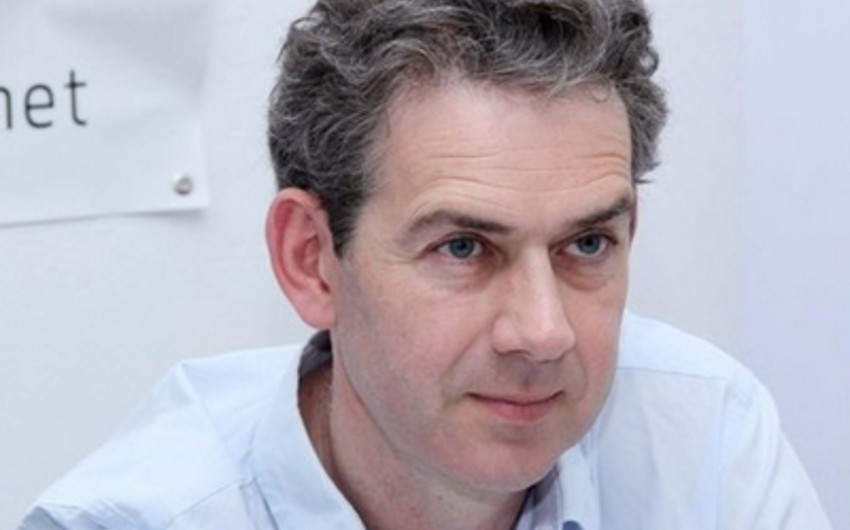Baku. 13 February. REPORT.AZ/ Thomas de Waal, senior associate at the Carnegie Endowment, specializing primarily in the South Caucasus region comprising Armenia, Azerbaijan, and Georgia and their breakaway territories as well as the wider Black Sea region writes in carnegie.ru about Karabakh truce. Report presents the article:
'Will there be war this year in Nagorny Karabakh? Every year since the 1994 ceasefire that halted the fighting, the answer to that question has been “No.” Armenians and Azerbaijanis have exchanged fire across the so-called Line of Contact and made threatening noises. But neither side has shown any willingness to push things back over the brink.
This year, the signals are much more worrying. At the Munich Security Conference, the OSCE issued its third alarmed statement in two weeks. January is usually a quiet month on the ceasefire line but this time 12 dead and 18 wounded were recorded.
The basic arguments for avoiding war remain the same. It would do catastrophic damage to everyone. The Armenian side got most of what it wanted in 1994. Azerbaijan, the defeated side in the war of the 1990s, has a greater incentive to back to war to try to re-conquer lands that constitute almost 14 per cent of its de jure territory, but it would be a very risky enterprise. Given the mountainous terrain and the Armenian defenses, an operation could easily fail, costing potentially not just the lives of thousands of young men in the minefields around Karabakh, but the survival of the ruling elite itself. Far safer for Baku to rattle sabers than to fire real guns.
On November 12 Azerbaijani soldiers shot down an Armenian helicopter in the no-man's land between the two armies, killing three men on board.
Furthermore, the violence has spread from the area outside Karabakh to the Armenian-Azerbaijani frontier both in the north and next to the exclave of Nakhichevan. If a conflict does ever break out again, it will be a full-scale war between the states of Armenia and Azerbaijan.
The Azerbaijani side is militarily far stronger than it was 10 years ago and the ceasefire line is almost the only place where it has leverage over the Armenians. Over the years, Azerbaijani officials have rejected proposals to strengthen the ceasefire—by, for example, withdrawing snipers from the front line or instituting an incident investigation mechanism—saying that would normalize the status quo that is unacceptable.
All of this makes the situation around Karabakh more menacing - without even mentioning the fallout of Ukraine and the gloomy geopolitical context. Urgent attention needs to be paid to dampen down the situation before spring arrives and a potentially long hot and dangerous summer' Tomas de Waal states.


 https://static.report.az/photo/fbac59c4-41bd-47dc-b953-50dca087a794.jpg
https://static.report.az/photo/fbac59c4-41bd-47dc-b953-50dca087a794.jpg

